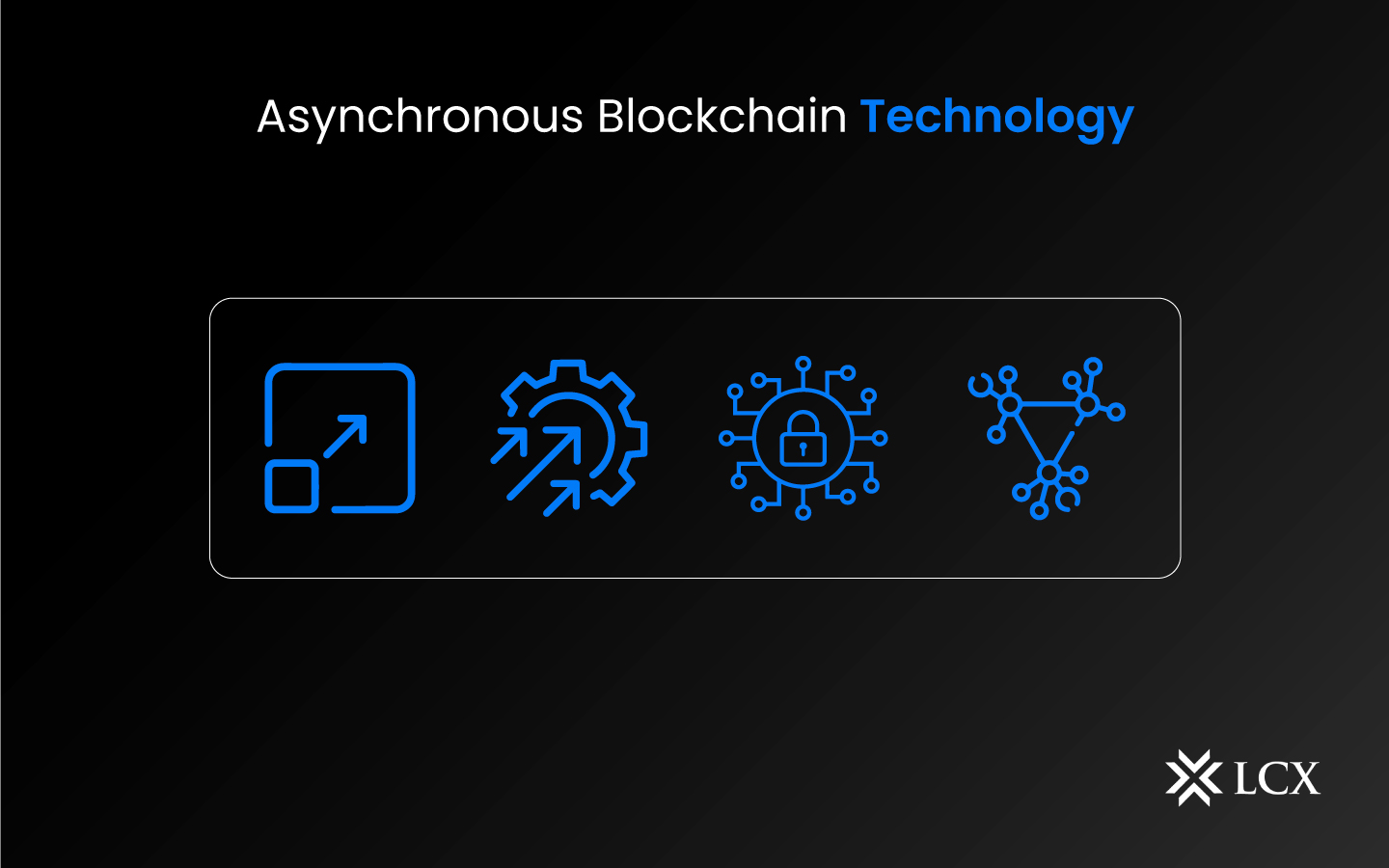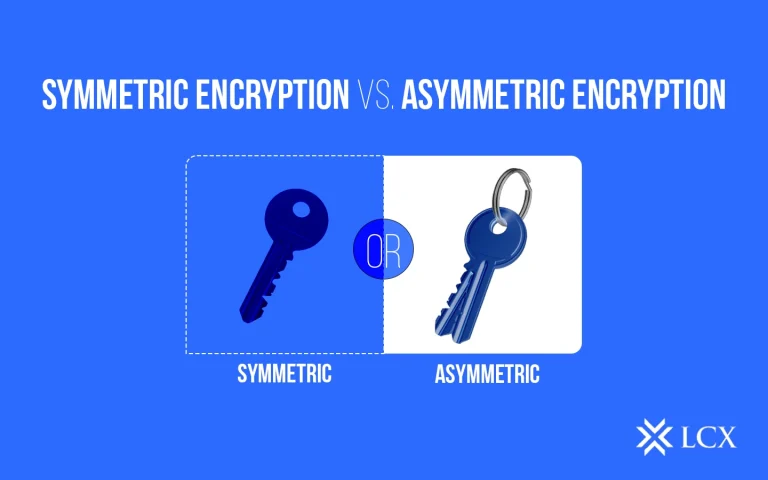Blockchain technology is its ability a game changer, and its defining characteristic is to enable decentralized and secure transactions. But traditional blockchain has one drawback: it is synchronous, meaning that all the network nodes must agree on the order and content of the transactions. This constraint prompted the development of asynchronous blockchain technology.
Asynchronous refers to events that do not co-occur or at the same rate. In computer science, asynchronous refers to occurrences that occur independently of the main program. In an asynchronous system, operations are not coordinated by a global clock signal but rather by events (changes in the system). Asynchronous systems operate reliably without requiring external signals or messages.
Asynchronous blockchain technology does not require all network nodes to concur on the transaction sequence and content. It enables nodes to automatically and synchronously process transactions, meaning that each node can process transactions at its own pace without waiting for other nodes. This is accomplished through the use of an eventual consensus process. Asynchronous systems are often designed with a modular framework. In such systems, each module is capable of operating independently and communicating with other modules. Together, these interconnected modules provide a functional system.
Eventual consistency enables nodes to reach a consensus on the blockchain’s state over time, as opposed to demanding immediate agreement. This is accomplished by employing cryptographic techniques like hash functions and digital signatures, which secure the integrity and validity of transactions. Hence, asynchronous blockchains are very secure and tamper-resistant.
The architecture of asynchronous blockchain networks might prioritize either consistency or availability. If the network prioritizes availability, all transactions are added without interruption. If the network wishes to emphasize consistency, certain transactions may not be performed or blocked until all preceding transactions have been completed.
Benefits of Asynchronous Blockchain Technology
The benefits of asynchronous blockchain technology are:
- Scalability: Asynchronous blockchain technology is more scalable than traditional blockchain systems since each node may validate and propagate transactions independently and asynchronously. This enables the system to process a greater volume of transactions without losing the speed of effectiveness.
- Efficiency: With asynchronous blockchain technology, nodes can validate transactions independently, without waiting for confirmation from other nodes. This reduces the latency and resource requirements of the system, making it more efficient and cost-effective.
- Security: Asynchronous blockchain technology maintains the security features of traditional blockchain systems, including immutability, transparency, and cryptographic verification. Nodes can still verify the integrity of the blockchain independently, ensuring that the system remains secure.
- Decentralization: Asynchronous blockchain technology maintains the decentralized nature of traditional blockchain systems, allowing nodes to operate independently without relying on a centralized authority. This ensures that the system remains resistant to censorship and manipulation.
Potential Applications of Asynchronous Blockchain Technology
The potential applications of asynchronous blockchain technology are:
- Financial transactions: Asynchronous blockchain technology has the potential to change the financial sector by facilitating faster and more efficient transactions. These could include remittances, international payments, and other financial activities requiring high speed and scalability.
- Supply chain management: Asynchronous blockchain technology could be utilized to develop more secure and efficient supply chain management solutions. This may involve monitoring the transit of commodities, confirming their legitimacy, and assuring their quality.
- Healthcare: Asynchronous blockchain technology could be utilized to develop more secure and efficient healthcare systems. This may involve the safe storage of medical records, the monitoring of the transportation of pharmaceuticals and medical devices, and the authentication of prescriptions.
Conclusion
Asynchronous blockchain technology is a promising new approach to decentralized systems that has the potential to transform online transactions and communication. Its ability to grow effectively, boost speed, and maintain security makes it a great solution for a variety of industries, including finance, healthcare, and supply chain management. As technology advances, users can anticipate the emergence of new applications, leading to a decentralized, safe, and efficient future.










